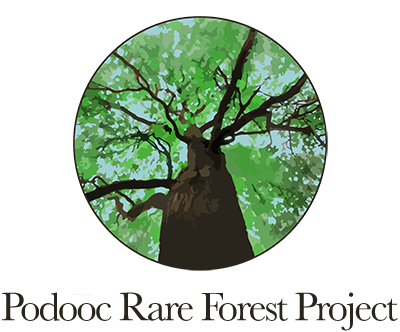Update June 2018: The Rare Forest Project has lost its proposed site and is currently exploring alternatives in Central Maine.

Project Links
https://rareforestproject.wordpress.com/
https://www.facebook.com/rareforestproject/
The benefits of biodiversity, the variety of life found in the environment, are well known. The greater the diversity of species of plants and animals in an area, the more likely it is to be a healthy ecosystem that can better withstand and recover from threats. And the threats are plenty; Because declining biodiversity touches on some of our most pressing challenges from global food security to mass extinctions and climate change, many efforts are being made to save and restore biodiversity worldwide.
Maine is known for its vast wilderness, but Maine has not escaped the effects of pollution, habitat loss, deforestation, over-harvesting, disease, climate change and other threats that plague ecosystems the world over. As a result of these factors and others, many of Maine’s native plant and animal species common only a century ago are now either rare or have been entirely eradicated from the state. While many people may think of the caribou, eastern cougar, the gray wolf, or the humpback whale when regarding extirpated and endangered species of Maine, fewer people think of plant life that has met a similar fate. And though diversity of plant life is fundamental to supporting diversity of animal life, The Maine Endangered Species Act applies only to animals – plants are not included and do not afford the protections set out by the legislation.
The Podooc Rare Forest Project is an experiment in creating a living museum and seed library of Maine’s rare, endangered and extirpated native plant species. Over the coming years, the project is to be distributed along various sites throughout Lake George Regional Park making use of both existing and reclaimed habitats. As a living museum, the project will provide visitors an exhibition of a curated selection of Maine’s rare and extirpated plant species. As a seed bank, the project looks to the future in hopes of providing seed and stock plants for further efforts toward recapturing lost plant diversity of Maine’s forests.
Project by Mark Cooley & Derek Ellis